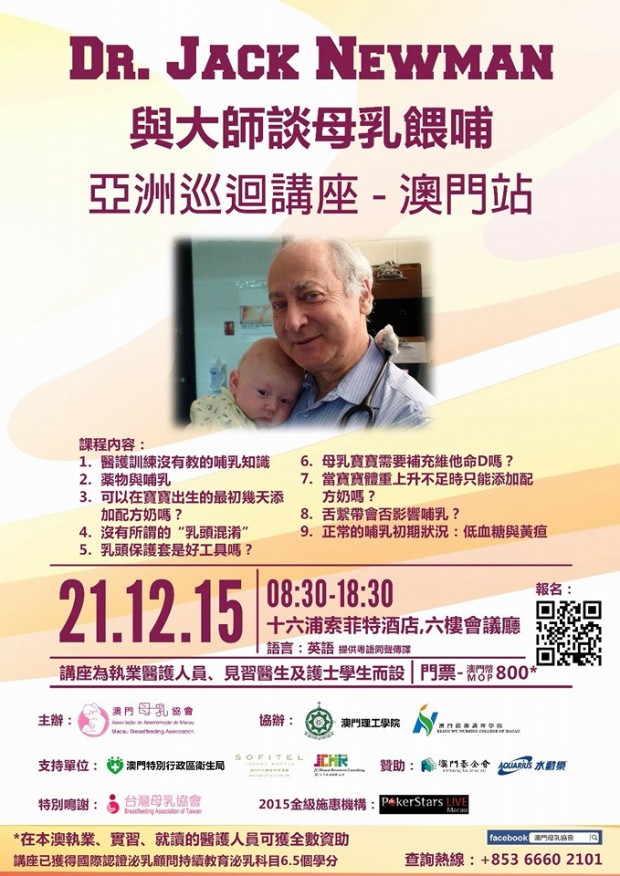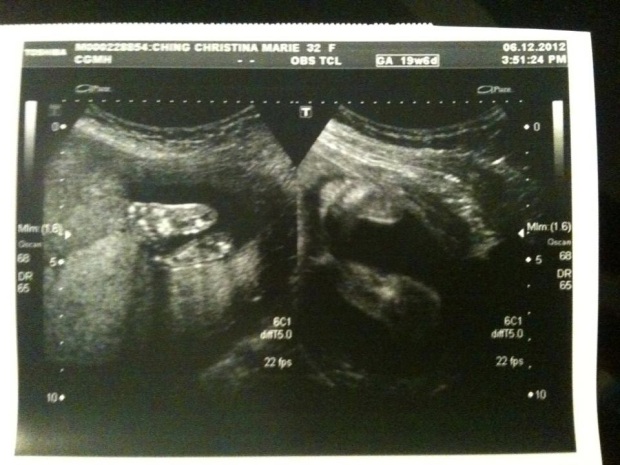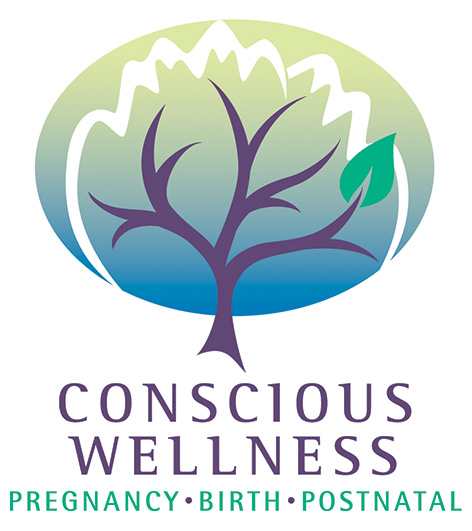I took this photo the day I completed my six months of CBT and group therapy for postpartum depression and anxiety. It was a satisfying moment; feeling accomplished at something for the first time in a long while. It certainly wasn’t the end of the road for me and perinatal mood disorders, but I was happy at least I had acquired a set of useful tools to deal with the day-to-day drudgery and ongoing balancing act of managing a mood disorder while being a parent (and an adult in general).

A friend of mine is currently having a hard time, as so many mothers do in North America, and I was reminded of the lessons I learned and prompted to put them in writing for easy access–for myself as well as others. So here it is:
Six months of CBT distilled
1. Ask for and accept help, even if it’s embarrassing.
It may seem tempting to tell yourself, “I can get so-and-so to come over and help as soon as I’ve gotten around to tidying up a bit,” or some other ‘If –> Then’ scenario. Don’t wait any longer. Ask for help, and if someone is kind enough to offer, accept it. Don’t try to minimize your needs to avoid inconveniencing others. If you need help, you need it!
2. Get outside and get some sun on your skin.
Sunlight is beneficial to your mental health in a variety of ways. It helps to regulate your circadian rhythms, which may be disturbed if you are having trouble sleeping, or sleeping too much. It can wake you up and give you a little boost to just get one thing done today. It also helps your body synthesize vitamin D, which especially in the winter you may be deficient in. Some symptoms of Vitamin D deficiency are extreme fatigue, joint pain and depression. Sound familiar? Even 20 minutes outside in a winter coat is better than staying on your butt inside. Make it a goal to do it at minimum every other day.
3. Get some exercise, even if it seems insignificant.
Pushing a stroller around a mall for an hour, even if you have no money and don’t even care enough to bother window shopping will get a few endorphins flowing through your body and give you a bit of a mood boost. The summer of 2014 when I was undergoing the CBT and group therapy, I was flat broke more often than not, but one of the best things I did for myself was take my kids to the farmers market every Saturday. I had a kind friend who had sent me a gift card for a local veggie vendor, so I always had an excuse to get out there, even if I didn’t have enough money to even afford a coffee besides. Sometimes it was sunny, sometimes not, but it always got me out pushing the stroller around and getting a bit of exercise. Make small achievable exercise goals. If once a week is all you can muster, celebrate that. If you think you can work your way up to 3-4 times a week or more, maybe consider making a walk to a destination like Tim Hortons for a cheap but enjoyable treat. Don’t set your goals too high too fast, as it will only add to the mom-guilt when you can’t achieve them. Save BeachBody for a time when you’re feeling more well.
4. Eat at least two decent meals a day.
Sounds easier said than done, right? It doesn’t have to be so. Decent doesn’t mean fancy, it can be a sandwich with sliced carrots and celery or maybe an apple on the side. Just make sure you eat regularly, and not just fistfuls of cereal out of the box or leftover Easter chocolate. Particularly if you’re breastfeeding, you need to sustain yourself with nutrients. Your baby will always get what he/she needs from your milk, but if you’re not replenishing it in your diet, it will be at your body’s detriment. Do yourself a favour and stock up on easy to grab raw snacks like crunchy veggies, fruit and nuts. Be conscious of going overboard on the carbs, as it’s always a temptation for folks when they’re beyond burnt out, but they only provide temporary relief from symptoms and often make you crash harder when your blood sugar drops after a while. And don’t forget to drink lots of water! Set a reminder on your phone or keep a tally on a whiteboard in your kitchen.
5. Get out and see a friend
It’s easy to push socialization to the back burner when you are behind in so many things, feel like garbage and can’t be bothered to brush your hair. But getting out and being seen and heard by someone who knows you and appreciates you for being you, and not just a diaper-changing milk-machine, can be very therapeutic. Humans need socialization for their emotional well being, so don’t put it so far down the list that you end up going weeks or months without any meaningful adult interaction. Consider it a must for your mental health, and make a date, even if it’s just running errands together.
6. Be kind and forgiving of yourself.
Perinatal mood disorders (in case you haven’t heard, depression isn’t the only problem that affects new moms, anxiety, OCD and PTSD happen too) are a BITCH. They rob you of an accurate view of yourself and tell you you’re a failure or a bad mom. It’s not true. You have an illness and it needs to be treated, same as if you had pneumonia or hepatitis. It is not something to feel guilty about or that you should just get over. So don’t sweat when you have days where the best you can do is get out of bed and change into cleaner pyjamas. If you find that it’s too much of a struggle to get the basic necessities for your child (food, safety, clean diapers), or are having suicidal thoughts, go to the doctor immediately. Make sure your spouse (or closest relative or friend if there is no spouse) knows exactly how badly you feel. It may seem like it’s totally obvious to you, but your spouse may not realize the extent to which the mood disorder is affecting you. That said, take it one day, one hour, one moment at a time. Breathe. Let it go. Start again. This shit is HARD, and it’s ok to be gentle with yourself about it.
7. Get enough good-quality sleep.
Yeah. That may seem like a pipe-dream for some new families. But if you’re getting your circadian rhythms set properly with some sunlight, and you’re getting a bit of exercise, it may be easier to get good quality sleep when sleep time is available. Sleep with your infant in your room so you don’t have to go far for night feedings. Take a nap during the day. If you have an older child that won’t nap, make an arrangement with a friend or neighbour to take him for an hour or two a few times a week so you can catch up on zzz’s. Regular, (mostly) uninterrupted sleep is crucial to your brain and mental health. Make it a priority and enlist the help of your co-parent to get it figured out for yourself.
Moving Forward
Once you’ve done two or three things on the above list, make a list of the things you need to get done to get your responsibilities and life back on track. Laundry? Dishes? Vacuuming, picking up? Delegate those tasks to friends who ask how they can help, or if no one’s offering, ask them. Ask older siblings and spouses to pick up an extra task. If they’re not available or it’s going to be more work than it’s worth to convince them, ask from your local friends and family. If none of those exist, consider hiring a maid or a postpartum doula. If the money’s not there, consider asking well-meaning but geographically distanced relatives and friends for help to hire a professional. Find a way to surround yourself with support.
Please let me know if you’re having trouble with any of this, or comment if you want to share more tips for weathering perinatal mood disorders.
With love and admiration,
Macau Birth Doula







 In the adjacent picture
In the adjacent picture ression.
ression.


